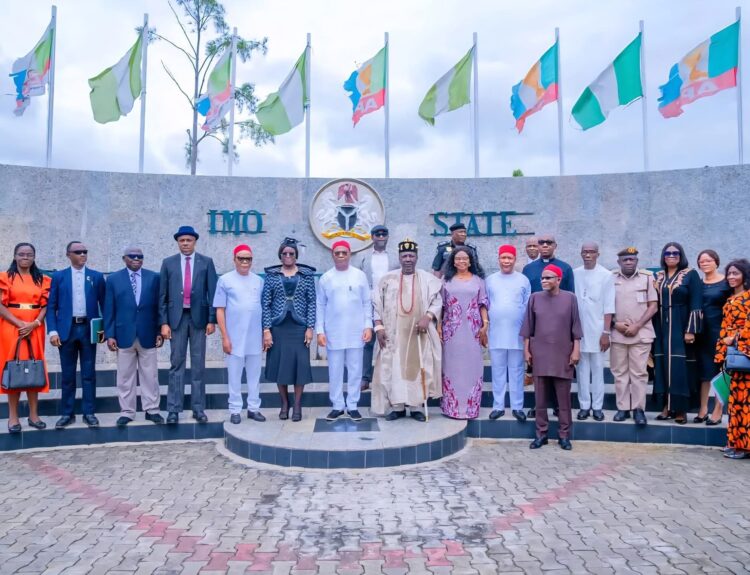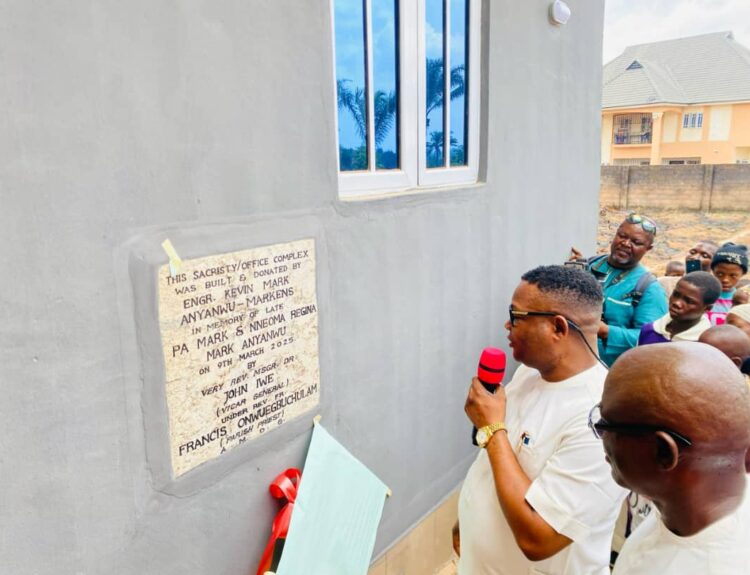By Chioma Iwueke
In a bid to tackle the rising cases of Intimate Partner Violence (IPV) in Imo State, The Hague Institute for Innovation of Law (HiiL), with support from the Ministry of Foreign Affairs of the Netherlands, held a community-focused training session on Wednesday to equip local leaders and advocates with practical tools for preventing IPV.
The training, which took place in Owerri, focused on newly developed guidelines for IPV prevention and response, based on field research conducted across the state. According to organizers, more than 100 people, including judges, lawyers, religious leaders, and traditional authorities were interviewed during the research process to gather firsthand insight into the dynamics of IPV in Imo communities.
Leading the training was Mrs. Angel Nkwo Akpolu and her team, who walked participants through the root causes, signs, and long-term consequences of IPV. She emphasized that IPV is not limited to physical violence, but also includes financial control, emotional abuse, and psychological manipulation.
“Violence doesn’t always come with bruises,” she said during her session. “Sometimes it shows up in the way a partner controls your finances, your emotions, or your sense of self.”
Attendees were later split into discussion groups, after which several participants used case studies, gave feedback and suggestions for moving forward.
Some attendees emphasized the need for premarital counseling, highlighting that young couples must be educated on the realities of marriage, such as mutual respect, decision-making, and conflict resolution. Others stressed the importance of early intervention through schools, stating that children raised in violent homes often struggle academically and are more likely to replicate similar patterns in adulthood. Training teachers to identify emotional distress in students was suggested as a necessary step in breaking the cycle.
There were also calls for increased community involvement. Participants noted the important role of religious and traditional leaders in speaking openly about IPV and promoting healthier relationships. The creation of safe spaces and shelters for victims was described as crucial, especially given that Imo State currently lacks such facilities.
Despite the Violence Against Persons Prohibition (VAPP) Law already being passed in Imo State, many participants expressed concern over its lack of enforcement. The organisers appealed to participants to urged the government through their power, to fully implement the law, establish support services for victims, and adopt a firm approach to tackling domestic violence.
Mrs. Angel Nkwo Akpolu concluded by reaffirming the importance of collaboration across sectors; legal, religious, educational, and governmental to ensure long-term solutions.
With the right policies in place and collective community action, she said, “we can build homes that are safe, not silent.”

Hi, Im Celinne
WordPress offers you the ability to create a custom URL structure for your permalinks and archives.





